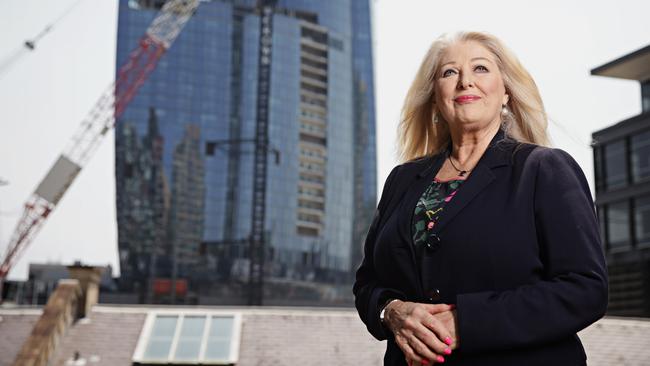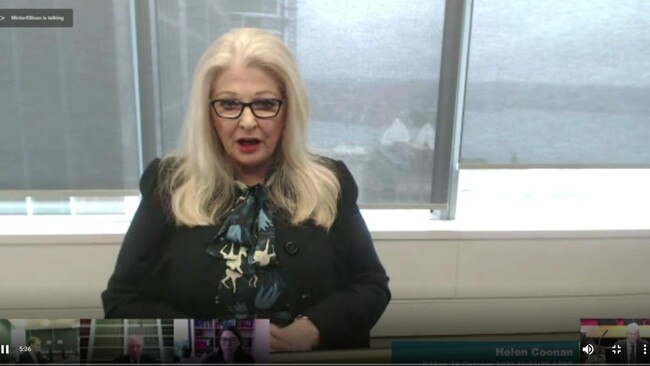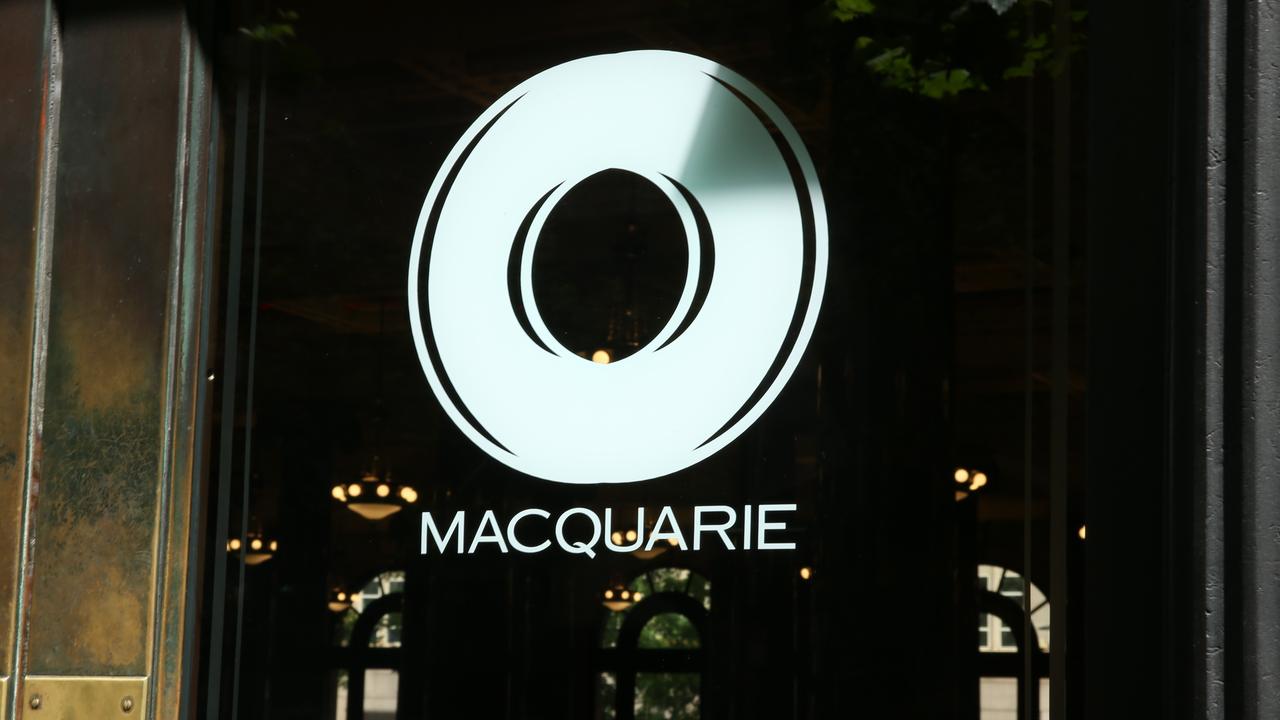
Coonan will probably say she is there just to provide some corporate knowledge and preside over the new governance arrangements, including the welcome appointment of Steve McCann and the new faces on the board including Jane Halton, Toni Korsanos, Nigel Morrison and Bruce Carter.
She has done well.
The royal commission has focused on historical issues which add up to an appalling governance of an institution which collects $1.7bn a year in revenue. It employs 11,600 staff most of whom are very good people doing their best but governed by past management plainly prepared to put short-term profits ahead of everything else.
Victorian Premier Daniel Andrews has banged the drum saying he will fix the regulator and suffice to say that is way overdue because if management has been appalling then the regulator presiding over the mess has been worse to let it happen.

The dirty linen presented to the Fink by the company may present an atrocious history of mismanagement under James Packer’s regime but remember still to come is the Austrac penalty which on past evidence could be mammoth.
The Fink has rightly noted that change in the organisation will be difficult but if the chair who has served on the board for the last decade is still on the job it is even more difficult. That is why Coonan on Thursday must nominate her departure date.
Crown has established itself as a core institution in the city of Melbourne which is why its licence is unlikely to be revoked whatever the Fink may recommend.
But its continued operation needs to be with strict guidelines and enforceable controls.
This will only happen under a regulator that is fully transparent and is seen to be independent from the politicians who will establish the authority and oversee its operations.
–
NAB steps up
NAB has stepped into the crowded carbon trading market by setting up a trial blockchain-based platform with the UK’s Natwest, Canada’s CIBC and Brazil’s Itau.
The project is in alignment with the leading Task-force on Scaling Voluntary Carbon Markets, established by former Bank of England boss Mark Carney, now the UN Special Envoy for Climate Action and Finance.
The project helps remove barriers to voluntary carbon offset purchasing but its progress will depend on international agreements due in November in Glasgow under article six of the Paris Agreement.
This will set common international standards for carbon trading units so one tonne of carbon in Australia is the same as one tonne in Europe and the US.
The increased interest in international trading markets is also a recognition that big polluters realise they will not get to their Paris targets without trading carbon offsets.
These are units developed in a range of projects from soil carbon to vegetation planting and savanna burning to absorb carbon from the atmosphere.
–
Carbon trading market
The Australian Clean Energy Regulator last month received submissions on a tender for a revised carbon market in Australia, from the ASX and others.
In all 160 expressions of interest were lodged from both established players such as Chi-X, along with relative newcomers including FEX and CBL markets. Chi-X and FEX are backed by Chicago-based clearing houses.
The successful bidders will be told in March 2022. The actual market structure will not be operating until the middle of 2023 as the Australian Carbon Exchange.
The Singapore stock exchange has also just begun to operate its own carbon trading market.
The battle for the NAB consortium once the technology is straightened out is to attract interest from traders.
The Australian regulator estimates this year there will be one million Australian carbon units cancelled which means used in projects.
The market is buzzing with a new record high price of $20 set on carbon credit units in a $2.3m trade through broker Jarden with 117,000 units changing hands.
Market Advisory Group is tipping prices to top $35 a unit in the foreseeable future.
Interest in the market was underlined by Shell’s purchase of developer Select Carbon, followed soon after by KKR buying a stake in Green Collar and then Adamantem buying a stake in Climate Friendly.
The demand for carbon trades and offset projects is clear and an international market along the lines being developed is to be welcomed.
The key is to ensure the markets are harmonised and working on the same set of rules.
Energy Minister Angus Taylor has noted “the federal government has purchased and paid more than $575m to projects in regional and rural areas for the delivery of contracted ACCUs, and has committed another $1.4bn to future abatement”.
Taylor is also working with the industry and groups like the CSIRO, Carbon Link’s Dr Terry McCosker and the Mulloon Institute to develop better methods and technology to measure soil carbon.
This combined with better water management will help allow farmers to develop soil carbon while also running cattle and other income producers.
The bigger the market the more money for everyone and the higher the price on carbon the bigger the incentive to cut emissions.
–
Hat’s off
Ryan Stokes is heading to pick up over 50 per cent of Boral with a partial bid at 20 per cent below the midpoint of the independent expert’s range of $8.25 and $9.13 a share.
Another 45c a share should be added to that range because the sale price for the US assets at $2.9bn was $400 ahead of the most optimistic price in the expert’s report.

Normally control passes at a premium to market of around 25 per cent and certainly at the top end of the expert’s range.
On Wednesday 73 million shares changed hands, some 10 times normal volume, with Stokes and to a more limited amount Boral in the market.
The hedge funds who have bought in over the last three weeks have done so with the certainty of a higher price if they bailed when called. They did.
Stokes is now just below 40 per cent and market talk suggests his partial bid could end up getting over 50 per cent of the stock.
Chair Kathryn Fagg will be regretting not taking Tanarra’s and other advice when she let Stokes and Richard Richards onto the board without even a standstill agreement on the table.
As noted previously control has long since passed and the question now is whether Stokes or one of his nominees will now be the new chair and not Rob Sindel.
Fagg will quit when the bid closes which may not be at month’s end if a two-week extension is mandated by the bigger than expected acceptances.
Take a bow Ryan Stokes, who has outplayed his target and exploited the rules to the limit to take control of an icon on the cheap.








Outgoing Crown chair Helen Coonan fronts the Melbourne royal commission on Thursday and while stressing her job is temporary just whether she will nominate a departure date is an open question. Maybe Justice Ray (the Fink) Finkelstein should suggest July 8 as being a convenient time because certainly her presence at the helm is an impediment to change at the company.